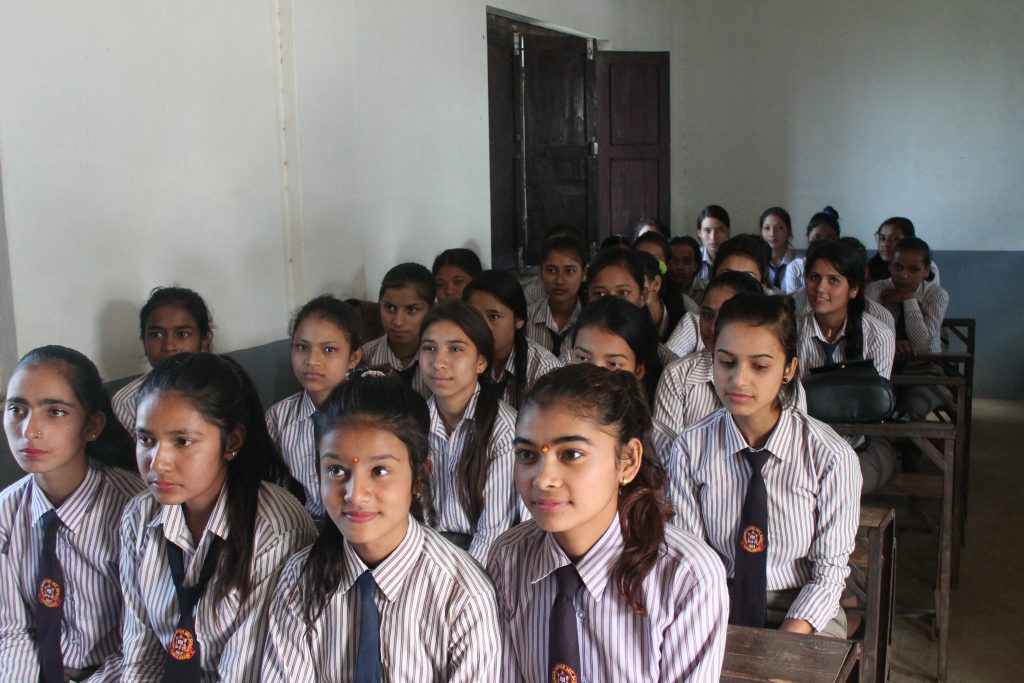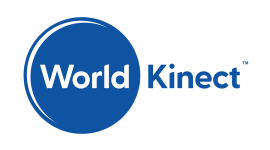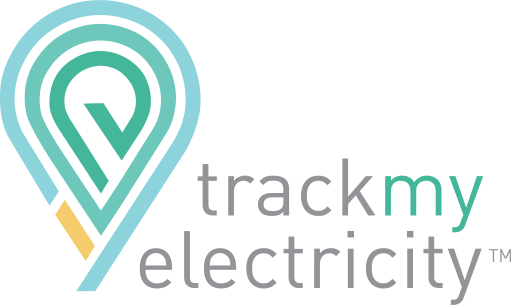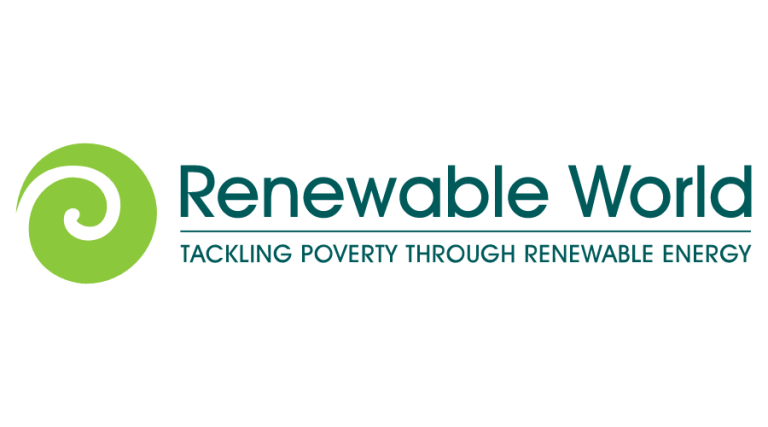Helping girls to stay in school
At Ishwori Secondary School, 209 girls have to share one unreliable toilet, causing low school attendance every month.

The breathtaking view of Ishwori Secondary School sitting above the clouds in Gulmi hides a crucial problems for the girls attendants. The nearest water source is at the bottom of the hill, causing inadequate water and sanitation facilities at the school – leading to a shocking girls absenteism rate of 25% compared to 8% for boys. Poor hygiene facilities at Ishwori school induce girls to miss up to four school days a month during menstruation, making up to a full year of secondary schooling being missed.
The solar-powered water pumps project would facilitate girls to stay in school by improving water supply up to Ishwori Secondary School, making their hygiene facilities running with clean water. By upgrading the sanitization infrastructures, such as improving toilets privacy and cleaneness, girls will not be forced to miss school days when having menstruation.
I want the water and good toilets not just for me, but also for my younger sister. That would make me very happy. – Deepa Khatri, girl student at Ishwori Secondary School
Project details
A 3 years timeline project targeting 9 schools in Gulmi district in Nepal, a mountainous region 400 km from the capital city where children are highly at risk of dropping out of school due to lack of water and poor school hygiene facilities. Track My Energy is helping to build capacities for schools to harness solar energy to pump water from their water source up to the schools, where it will be filtered and distributed to new or renovated taps and toilets.
Solar-powered water provision, combined with sanitation and hygiene facilities, resources and knowledge, resulting in
- Increased school attendance especially by girls and children with disabilities
- Increased school retention and improved attainment in end of grade results
- Improved sanitation and hygiene practices leading to improved health
About Renewable World
Renewable World was established in 2007 with the aim of empowering energy poor communities to develop sustainable livelihoods trough the provision of renewable energy systems. They work through partners to provide renewable energy services to the energy poor where financial or geographical barriers prevent public or private sector solutions being effective.
In Nepal, their projects use renewable energy technology to tackle poverty by bridging the major barriers facing communities, with a focus on geographically and socially marginalised, energy-poor communities in the Western mid-hills and Terai region of Nepal. Renewable World’s work in Nepal has reached over 90,000 people, bringing a wide range of benefits: reducing the amount of time women and girls spend collecting water and reducing illness/accident associated with water collection; increasing income from agriculture; and increasing household consumption of fresh vegetables and food security.
Read more about Renewable World.


